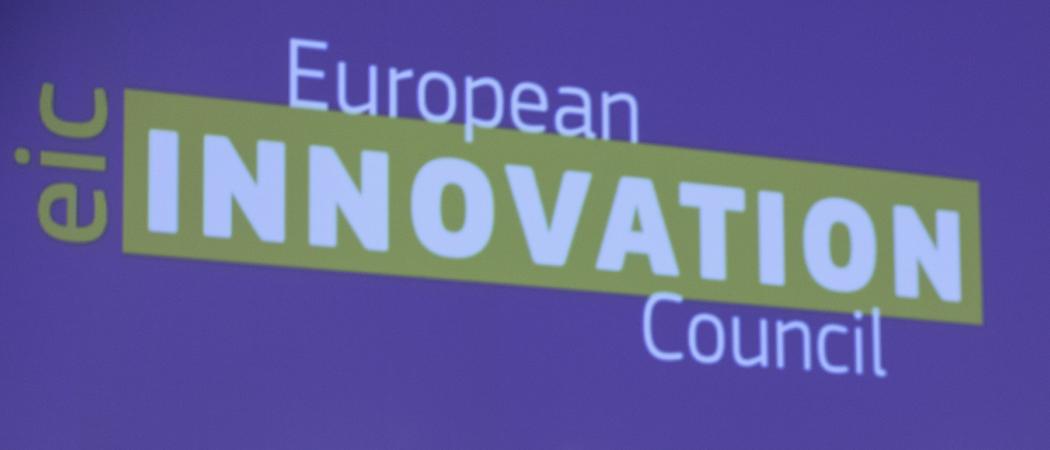EU research commissioner’s new programme will include a dash of ingredients from successful funding schemes running in both countries

If research commissioner Carlos Moedas gets weary of comparisons between the EU’s innovation system and high performers elsewhere, it is because the stories he hears so often have the same ending: someone in Europe has a brilliant invention, but the opportunity and the spoils are captured by others, usually in the US.
The commissioner wants his new body, the European Innovation Council, to flip the script, and lay down foundations to help Europe build bigger companies and compete successfully with the rest of the world.
But while Moedas doesn’t support the narrative that Europe needs to replicate the likes of Silicon Valley or Shenzhen, that doesn’t prevent him from looking abroad for inspiration.
As Moedas set out on Monday, the EIC will create a broad ecosystem under one roof with a proposed €10 billion for grant and risk capital funding, including a dash of ingredients from successful funding schemes in the US and Israel.
An EIC pilot, pieced together by combining three existing EU innovation competitions – the SME Instrument, Fast Track to Innovation and part of the Future and Emerging Technologies initiative – is already underway.
As well as directing EIC to prioritise the quality of people over their ideas, Moedas wants to form a new entity to co-invest EU money in companies. The Commission could invest in equity stakes of companies backed by EIC through this special purpose vehicle (SPV).
“This is the first time we’re going to do it,” said Moedas. The SPV will emulate the Israel model. “[That] has done very well, and has the freedom to give grants and equity,” he said.
By Israel model, the commissioner is referring to country’s remarkable success in combining government and private money to back high tech companies.
Set up in 1993, the government’s $100 million ‘Yozma’ scheme helped to bring Israel’s home grown venture capital (VC) industry into being.
At the beginning, Yozma (Hebrew for initiative) was made up of 10 new VC funds, managing $20 million each, capitalised with a combination of government money (40 per cent) and foreign investment (60 per cent).
The programme, now privatised, soon attracted major international venture investors like Daimler-Benz and Kyocera. The average size of the leading Israeli VC funds jumped 12-fold, from $20 million to more than $250 million today. The rate of new company creation has grown too, with Tel Aviv now hosting the highest number of start-ups per population size in the world.
State investment in industry doesn’t pass without comment or controversy, of course. Some in Israel question whether the government needs to be involved in co-funding companies, when many of its most successful businesses can get access to private capital. The EIC faces similar questions.
But Israel’s approach has made good returns on promising technology. For example, the Israel Innovation Authority (previously known as the Office of the Chief Scientist) lent about $1 million to Waze, a traffic and navigation app that was sold to Google in 2013, and got about $3 million back.
Moedas said the Commission will “not be an active partner” in any entity in which it takes equity. “For us it’s more about putting in the money and seeing if it flourishes,” he said.
Deepening Europe’s pools of investment capital is also part of the equation, and Moedas reiterated the goal of launching a long-promised new fund-of-funds to make VC funds across Europe bigger. The cold figures say the US VC market is five times bigger than the EU’s.
Borrowing from DARPA
Another influential model for the EIC is the US Defense Advanced Research Projects Agency (DARPA) the technology commercialisation arm of the Pentagon that gave the world global positioning systems and stealth aircraft technology, amongst other products.
Moedas says some of the governance details of DARPA may find their way into the EIC, in particular the idea of hiring outside experts to come in and help ordinary bureaucrats vet applicants. The Commission wants to attract entrepreneurs “who are after a career change”, said Moedas.
These people, which DARPA calls programme managers and Moedas referred to as “spotters”, have helped produce results in the US, “They are extremely good. I think this model will have the ability to connect the dots between [the] private sector and the public service,” he said.





 A unique international forum for public research organisations and companies to connect their external engagement with strategic interests around their R&D system.
A unique international forum for public research organisations and companies to connect their external engagement with strategic interests around their R&D system.